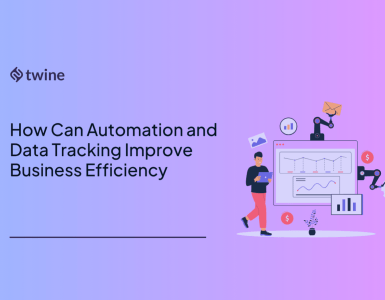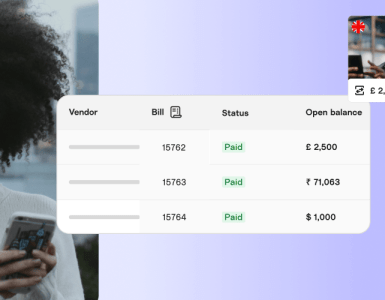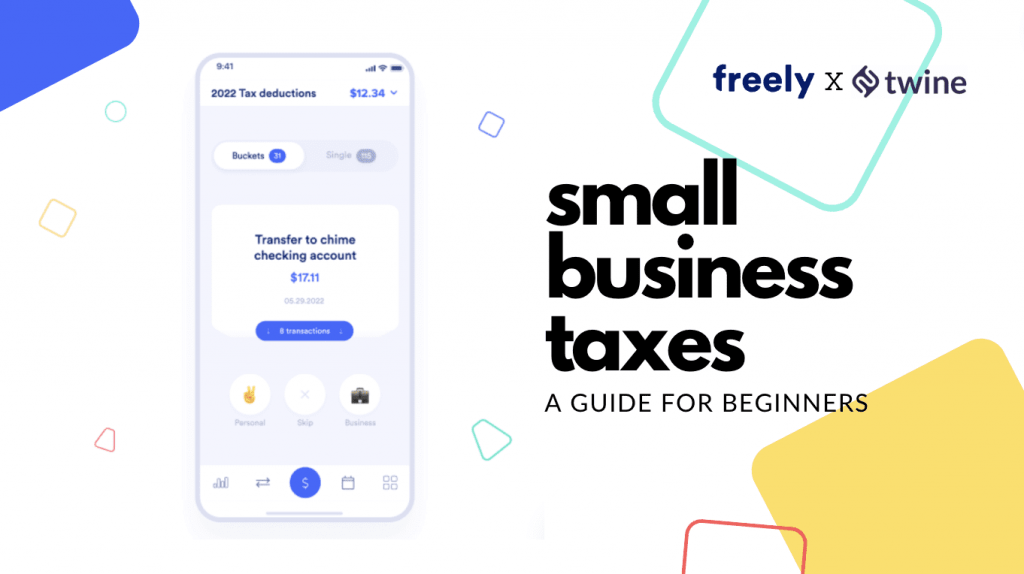
If you started a small business recently in the U.S., one of the most important things you’ll need to consider is taxes. Small business taxes can be confusing, especially if you’re just starting out. But with a little bit of knowledge and preparation, you can make the tax process much easier.
So we’ve put up a quick guide to help you know the basics.
We’ll cover the different types of small business taxes you may be required to pay, how to calculate your taxes, and some tips for reducing your tax bill.
Want to run a business without the stress? Click here.
Types of Taxes for Sole Proprietors
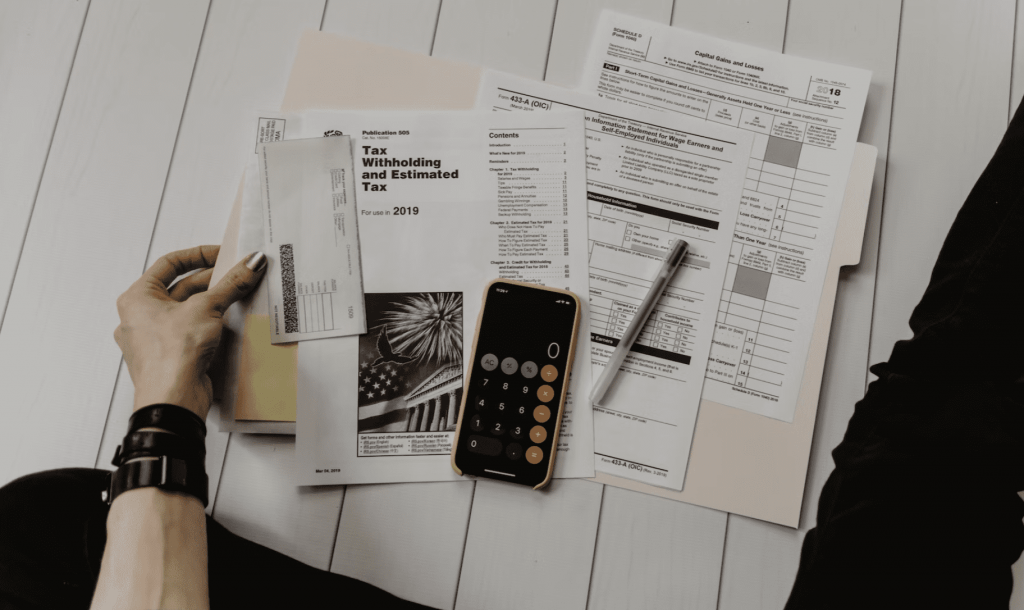
If you’re just starting, there are high chances you’ll be paying taxes as a sole proprietor since it’s the business structure you’ll get by default.
As a sole proprietor, you will be required to pay the following small business taxes:
- Income Tax: As a sole proprietor, your business income and personal income are taxed together. To calculate your net business income, you will need to subtract your business expenses from your business revenue on 1040 Schedule C form. Your net income is then added to your personal income in form 1040, and the total will be taxed at your individual tax rate.
- Self-Employment Tax: It covers your Social Security and Medicare contributions. The self-employment tax rate is currently 15.3%, and it is calculated based on your net income from your business. You’ll use Schedule SE used to calculate your self-employment taxes and attach it to your 1040 when you file.
By the way, if your business sells goods or services, you may be required to collect and remit sales tax to the state where the sale occurred. The specific requirements for collecting and remitting sales tax vary by state, so it’s essential to research the rules and regulations in your state.
The Importance of Keeping Accurate Records
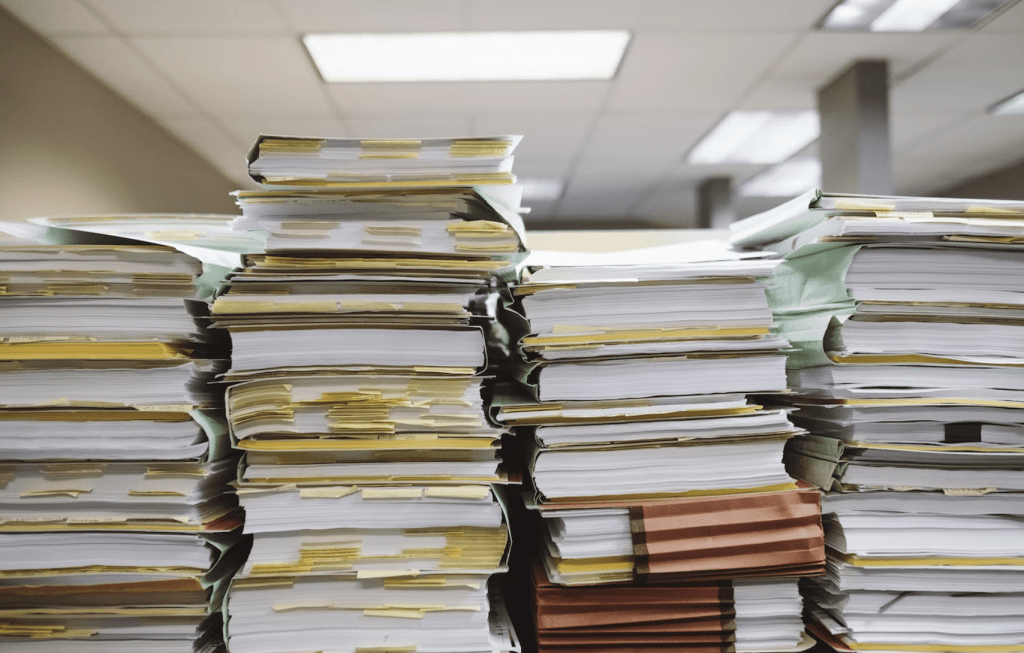
To make sure that you are calculating your small business taxes correctly, it is very important to keep detailed records from day one. You might be tempted to procrastinate and wait for tax season to arrive, but why add all that stress to your already busy life if you can avoid it?
On top of saving you lots of time and stress, keeping organized records of your business income and expense will:
- Reduce the risk of having an IRS audit because you’re not underestimating income or overestimating expenses
- Make it easier to identify any deductions that you are eligible for—which can actually end up saving you hundreds of dollars on taxes!
- Keep an eye on how your business is doing in real-time
- Determine your net income accurately so you don’t end up overpaying taxes
One of the best ways to do this is by using a tool like Freely. Tools like Freely can help you track your business income and expenses in seconds, generate detailed reports of your tax deductions, and even pre-fill the tax forms you will need to file. Small business taxes can be easy…
Common Deductions for Sole Proprietors

With a good record-keeping system in place, it will be easier to claim the tax deductions you may be eligible for.
The five most common deductions for sole proprietors are:
- Home Office Deduction: If you use a portion of your home for your business, you may be able to deduct some of your home expenses, such as rent or mortgage interest, utilities, and insurance.
- Business Use of Your Vehicle: If you use your personal vehicle for business purposes, you may be able to deduct the expenses associated with that use, such as gas, maintenance, and parking fees.
- Supplies and Equipment: You can deduct the cost of supplies and equipment that are necessary for your business operations, such as tools, hardware, and software.
- Travel Expenses: If you travel for business purposes, you can deduct expenses such as airfare, lodging, meals, and transportation.
- Advertising and Marketing: You can deduct the cost of advertising and marketing materials, such as business cards, flyers, and website design.
Knowing what’s deductible and what isn’t may differ depending on the nature of your business. And trying to keep up with ever-changing tax rules can be very time-consuming.
Here’s the ultimate hack:
Using a tool like Freely can be very handy to track your deductions without the headache. It’s super simple to get started!
Setting it up won’t take you more than five minutes. Just link your business bank account and credit cards to reconcile your accounts automatically and start organizing your business finances effortlessly. Freely will identify what’s deductible and make suggestions on how to best categorize expenses to maximize your write-offs.
And that’s it!
Just remember you don’t have to go through this all by yourself. With a little help and with the right tools, you’ll be able to focus on growing your business instead of worrying about your tax obligations.
Ready to hire an expert? Our marketplace of over 500,000 diverse freelancers has the skills and expertise needed to skyrocket your business. From marketers to designers, copywriters to SEO experts – browse the talented bunch here!


